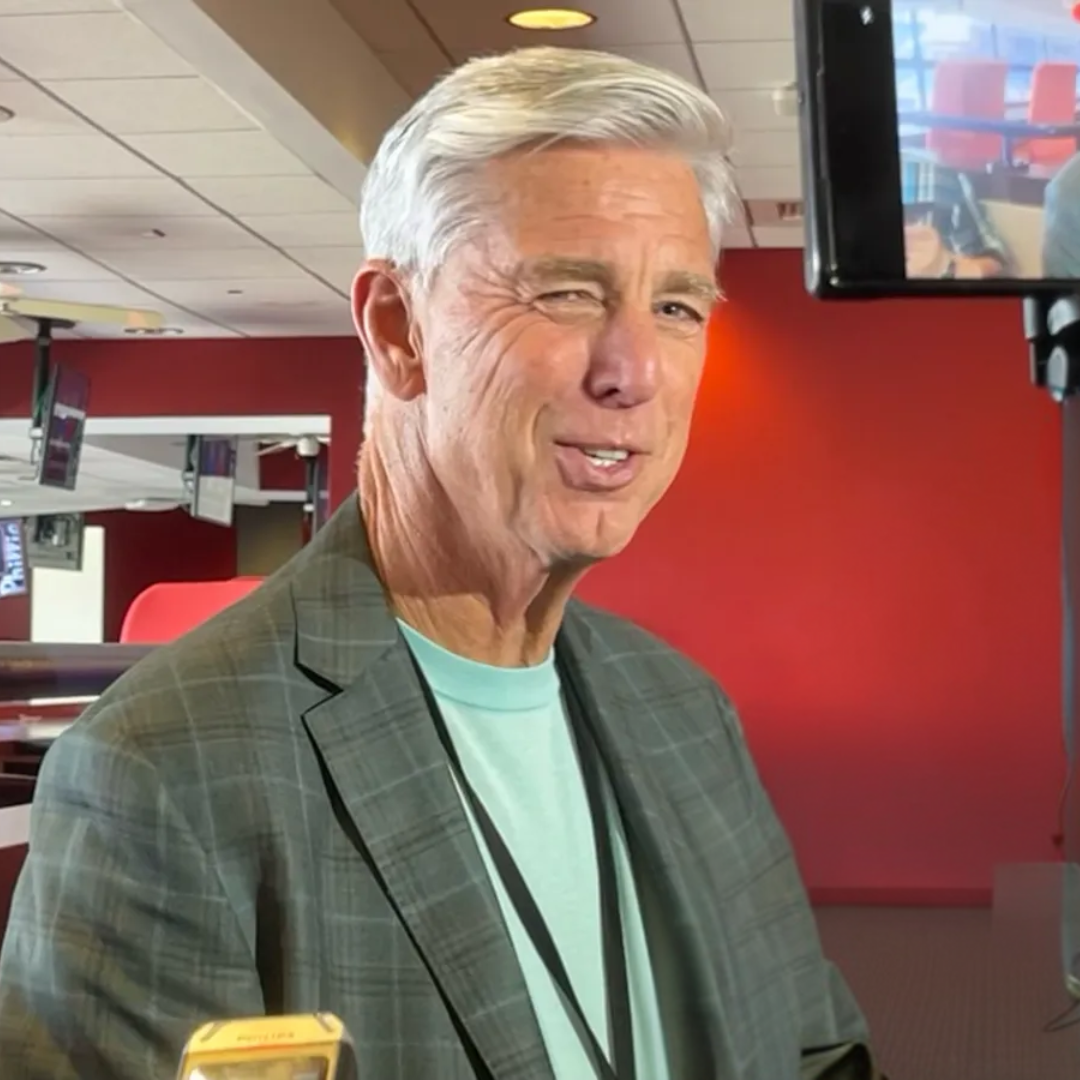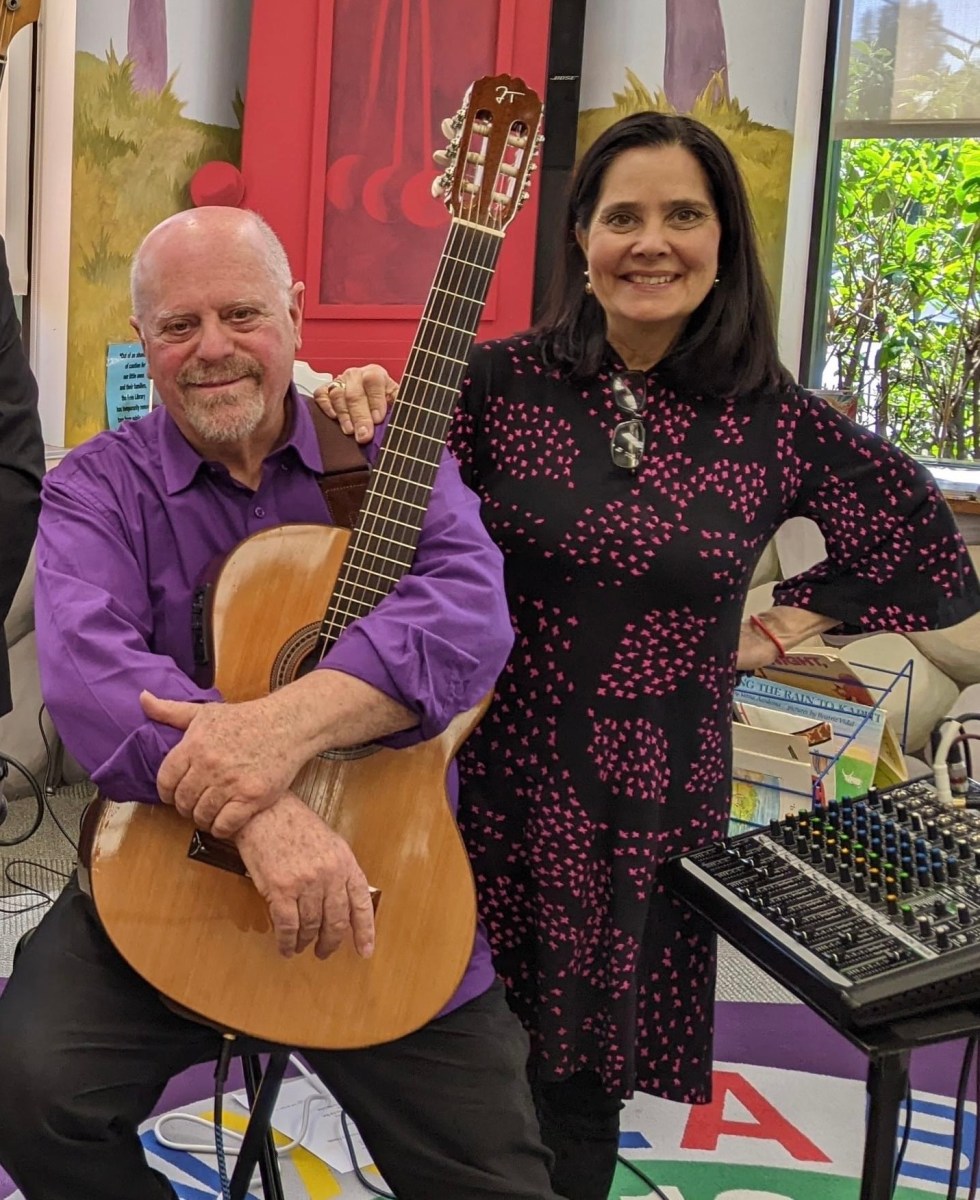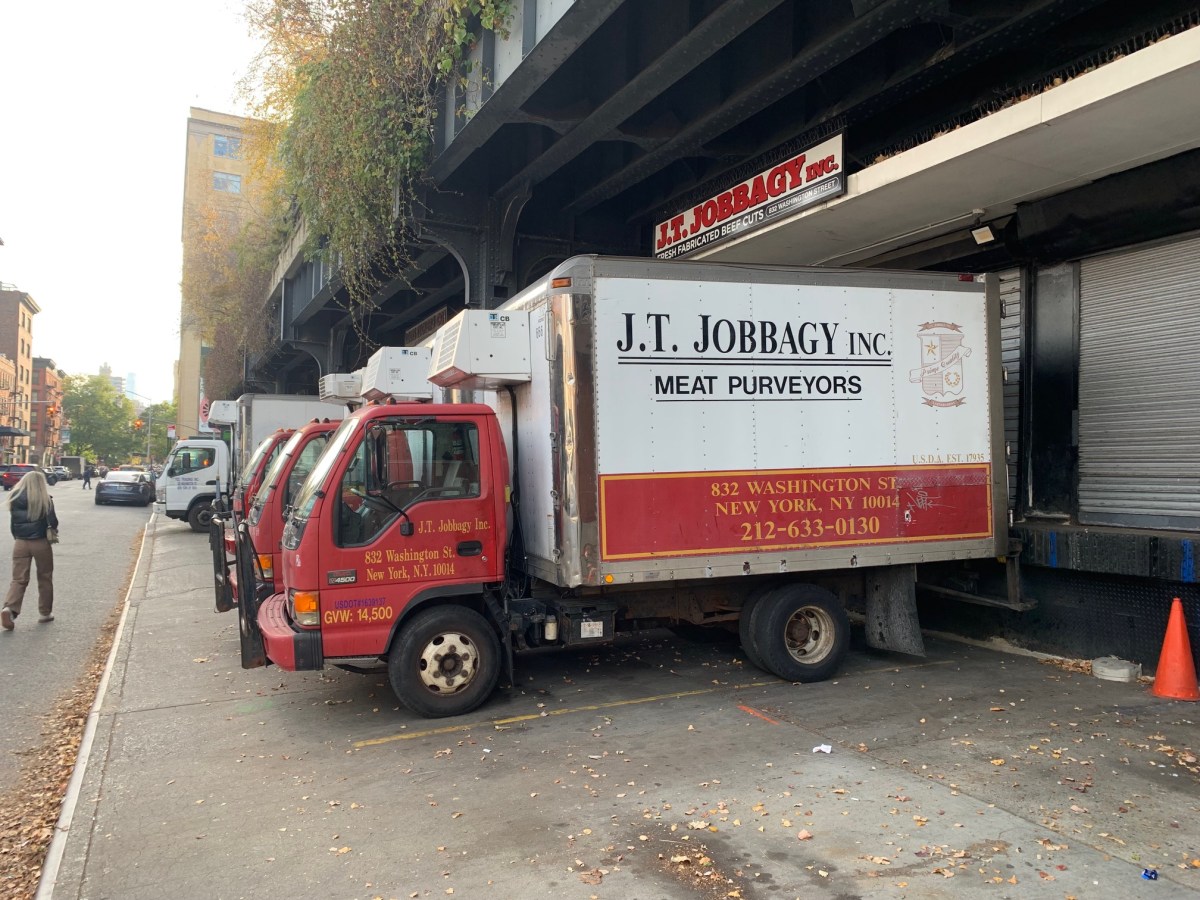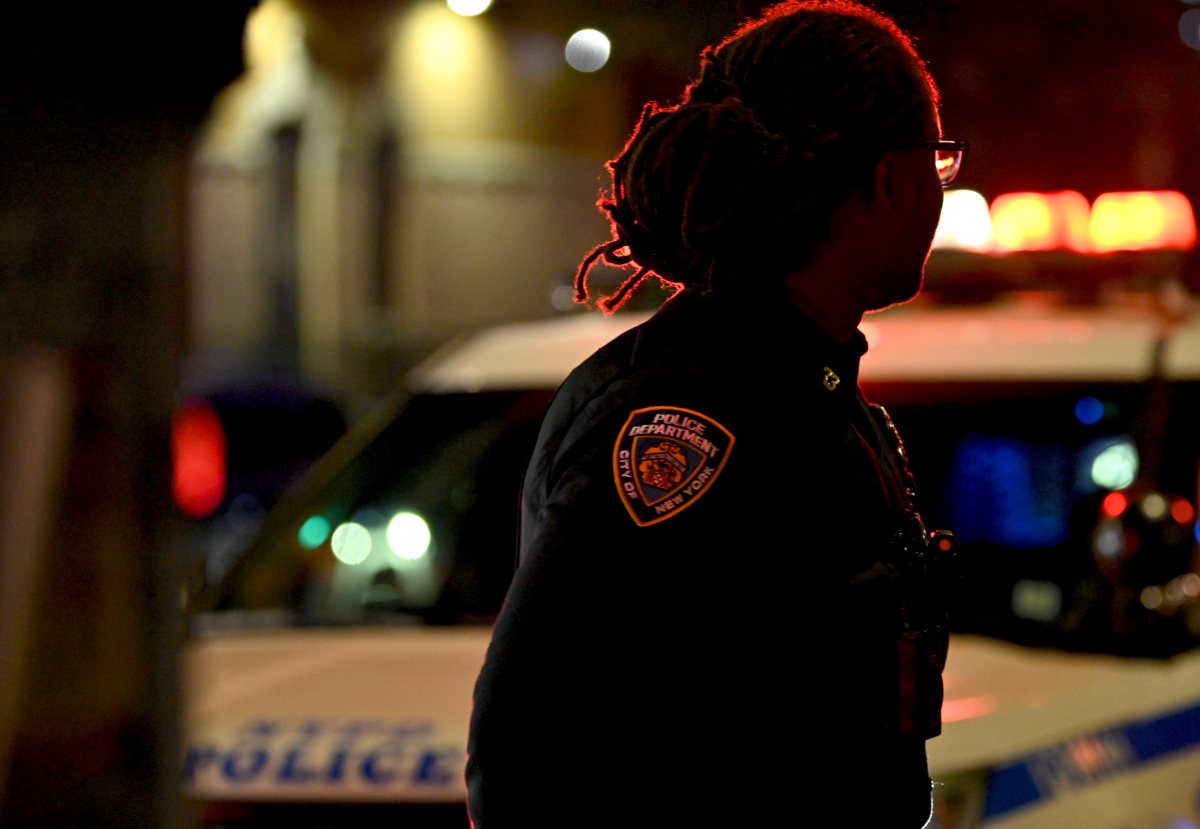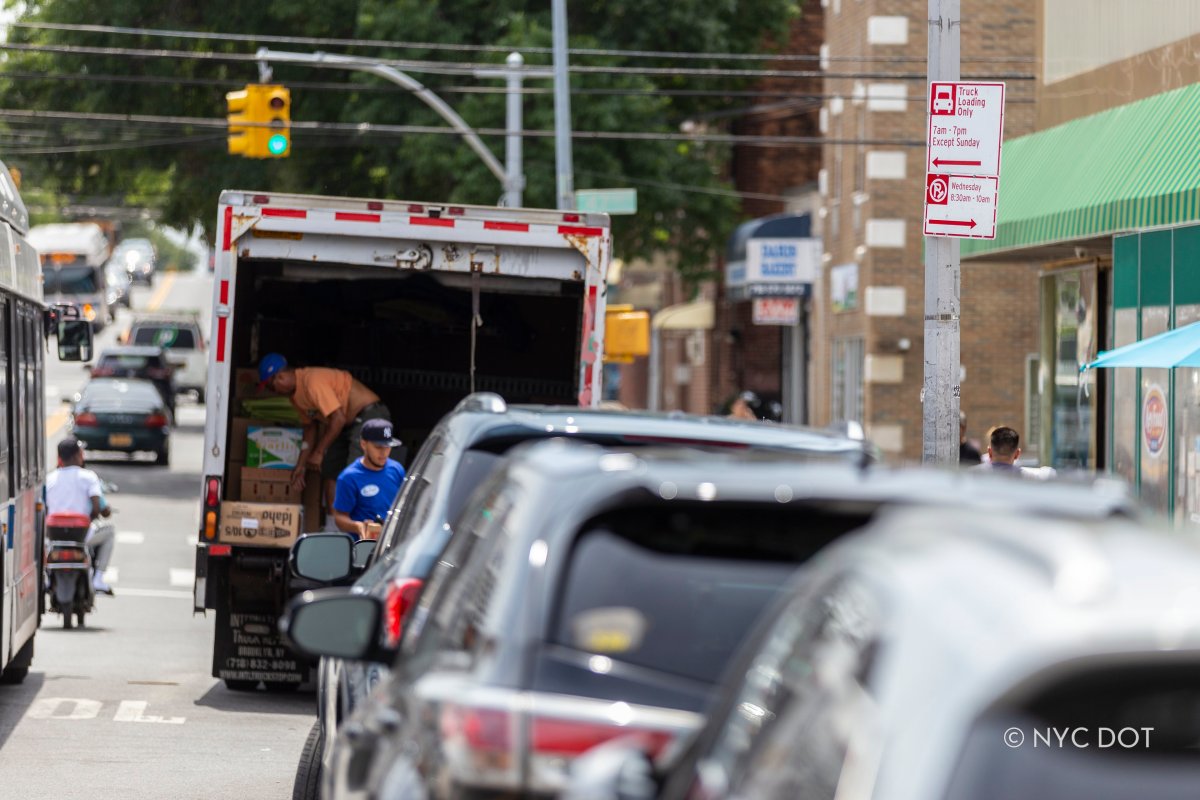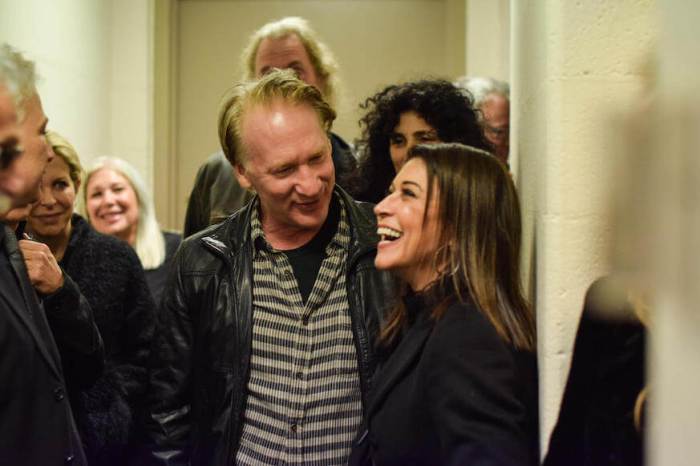Hari Kondabolu won’t let his love for the Yankees stop him from bringing the laughs to Boston this weekend.
The comedian returns to the Wilbur Theatre on Friday night, just a few weeks before the release of his new documentary “The Problem with Apu.” The film examines the cultural impact of the infamous “Simpsons” character, portrayed by Tufts alum Hank Azaria.
We caught up with Kondabolu ahead of his show to chat about the movie and his love-hate relationship with New England.
A lot’s happened since your last show in Boston.
I was in Boston at the Wilbur last year, [it was] the first show I did after the presidential election, which was interesting to be in Boston at that time. I feel like there was a lot of frustration, and I didn’t really know how to talk about it, and I feel like they didn’t really know either. We kind of all laughed through it. It was great to be in that space at that time. Boston’s always been good to me. I went to college in New England at Bowdoin, up in Maine, so I feel like I have a love-hate with New England. But when I love it, it’s amazing. I feel like that’s the experience I had last time, there was a ton of love in that room.
Why the hate for New England?
I’m a New Yorker. I was born to hate New England, which is unfortunate. I’m a Mets and a Yankees fan. I believe you can be both. There are certain things that are ingrained. I grew up in Queens, New York, and I think going to college in New England was very different. It’s also a place where I have a lot of friends and it’s certainly a place that has been very good to me over my career.
Your new film, “The Problem with Apu,” examines the portrayal of the problematic, but beloved “Simpsons” character portrayed by Hank Azaria. What was your goal for the documentary?
It’s about this bigger issue of representation and how even something that we love so much – and I love “The Simpsons,” I’m a huge “Simpsons” fan – you’re still allowed to criticize it. I mean, that’s part of what good art is. That’s what “The Simpsons” did. It was critical and smart and broke down big ideas, and I feel like I’m following in that tradition.
Apu is a fossil. He’s kind of a character that was created in a very different context, and it survived because “The Simpsons” survived. So when you see him, it doesn’t really make sense. It’s a very antiquated, corny old stereotype, yet it exists. That means, at some point, it was seen as acceptable and something that could be passed through, and was seen as funny and without any questioning.
What did it mean so much to you to try and to talk to Azaria about Apu?
I am fighting so hard to get the voice of the person in it, because I don’t want to speak on his behalf. I didn’t want to do this film without getting him in it. I feel like that’s due diligence and that’s respect.
What sort of impact do characters like Apu have on society at large?
With the Apu example, you have this image of a shopkeeper. It’s one-dimensional, he’s subservient, it’s comical, his ethnicity is comical. It’s a very disempowering kind of image. On the other hand, you’ll have an image of black men as gang members, and as violent without conscience, and that’s going to play into people’s psyches, it’s going to be part of how they think of a whole group, how the news media depicts people of color. That has an impact on how people vote, who they hire, how they feel they can relate to a human being, what they fear.
Apu isn’t really relevant anymore. It’s about why does he still exist and why did he exist, and why were we OK with it? At the end of the day, I believe that images affect behavior and how other human beings are treated.
If you go:
Nov. 3, 7:30 p.m., Wilbur Theatre, 246 Tremon St., $28, thewilbur.com












